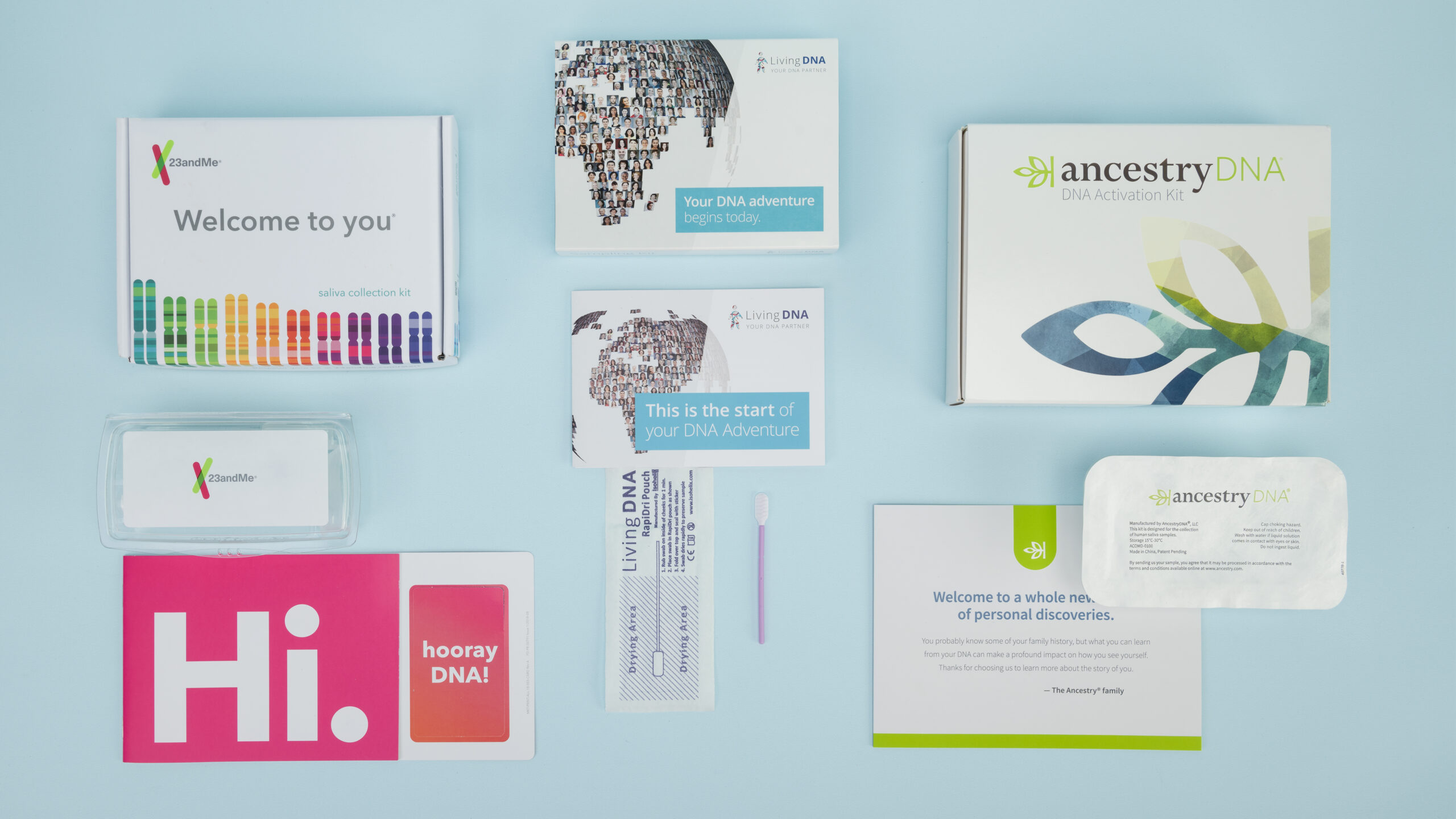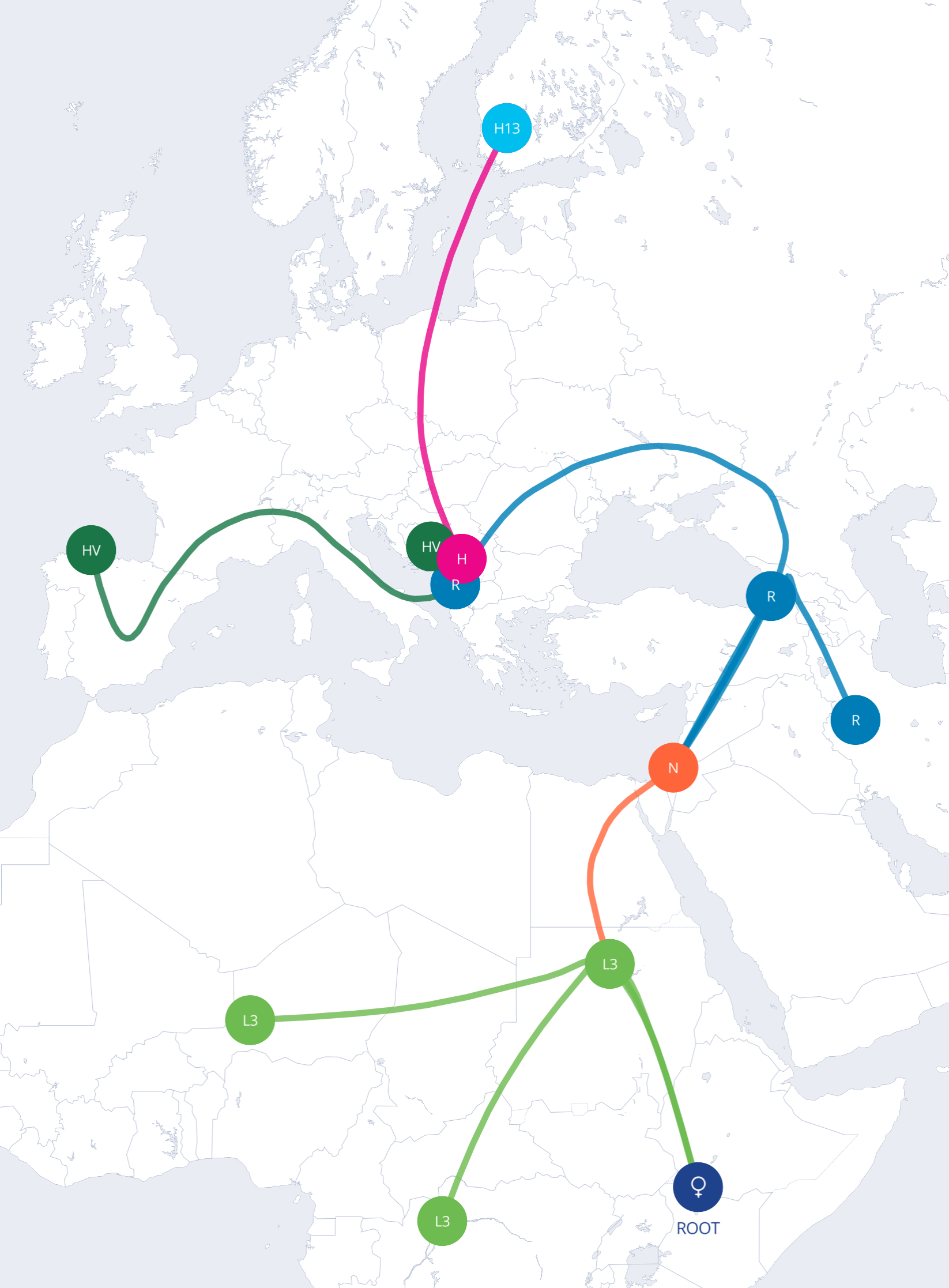
In This Article
Cheap or “no-cost” DNA kits promise ancestry insights without a big bill.
Every offer still carries a price—shipping, paid upgrades, or long-term use of your genetic data.
Below, you’ll see what free offers include, where they fall short, and how to decide if they meet your needs.
Know Your DNA Reviews

Don't miss out on the opportunity to learn more about yourself. Read our best DNA test page to find the best one for you.
Most free kits remove the purchase price but earn revenue elsewhere—either from you, your data, or both.
Understanding these tactics helps you spot true value before you mail a cheek swab.
Free kits offer a low-risk taste of genetic genealogy; they also leave many features locked behind payments.
Ethnicity estimates compare your DNA to reference panels of known populations.
Free services use smaller, Europe-skewed panels, so accuracy drops for African, Asian, or Indigenous roots.
A paid kit may read 700,000 genetic markers; a free study tests far fewer, widening confidence ranges and lowering detail.
Your genome is permanent, so careless sharing can haunt you later.
Some no-cost providers describe DNA as a “treasure trove” for research or advertising partners, and policies can change if the firm is sold.
Before you spit, read every consent clause, look for clear opt-outs, and confirm you can delete both the sample and the digital file.
Truly free tests fall into three buckets. The table below shows what you gain and lose with each path.
| Free Offer Type | What You Receive | Hidden Trade-Offs |
| Surname-project Y-DNA kit | Paternal-line haplogroup result | Only for men in certain family lines; must prove ancestry |
| Medical research study | Basic ancestry or trait summary | Must share raw DNA plus health surveys; no raw-data file |
| Free upload site | New trait or ethnicity report | Requires data from a paid kit; site may sell aggregated results |
Know Your DNA Reviews

Looking for a DNA test that's accurate and can tell you about your health and heritage?
